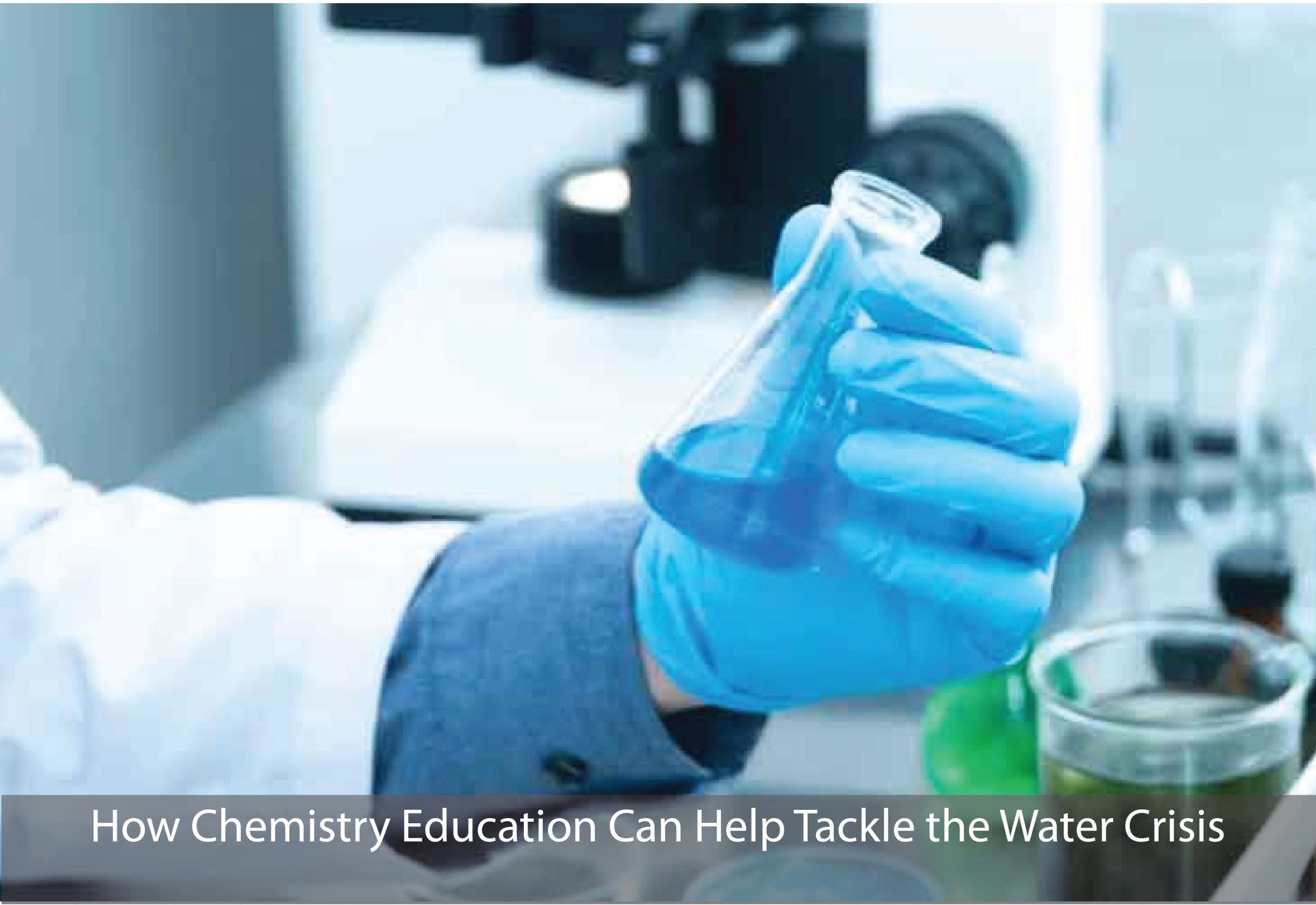How Chemistry Education Can Help Tackle the Water Crisis
The global water crisis continues to be a pressing issue, with millions of people lacking access to clean and safe water. Addressing this crisis requires interdisciplinary approaches, and chemistry education plays a vital role in finding sustainable solutions. By equipping students with a solid foundation in chemistry and emphasizing its applications in water management, we can foster a generation of problem solvers who can tackle the water crisis effectively. This article explores how chemistry education can contribute to addressing the water crisis by promoting understanding, innovation, and responsible practices.
Understanding Water Chemistry
Chemistry education provides students with a deep understanding of water chemistry, including water molecules’ properties, composition, and behavior. By studying concepts such as pH, solubility, and chemical reactions, students can grasp the challenges related to water quality, contamination, and purification. Understanding water chemistry enables individuals to identify and address issues contributing to the water crisis.
Water Treatment Technologies
Chemistry education exposes students to various water treatment technologies and processes. Students learn about filtration, disinfection, coagulation, and other methods used to purify water and remove contaminants. By understanding these technologies, students can explore innovative approaches to improve water treatment efficiency, develop new purification methods, and address specific challenges faced in different regions.
Sustainable Water Management
Chemistry education emphasizes the importance of sustainable water management practices. Students learn about water conservation, water footprint assessment, and the impact of human activities on water resources. By applying chemistry principles, students can develop strategies for responsible water use, implement water-saving techniques, and advocate for sustainable practices in industries, agriculture, and households.
Analytical Techniques for Water Testing
Chemistry education equips students with analytical skills to assess water quality. Students learn laboratory techniques for water testing, including spectrophotometry, chromatography, and titration. These skills enable students to analyze water samples, detect contaminants, and monitor water quality parameters. Accurate and reliable water testing is crucial for identifying polluted water sources and implementing appropriate remediation measures.
Innovation and Research
Chemistry education encourages innovation and research in water-related fields. Students are inspired to develop new technologies, materials, and processes to address water challenges. By engaging in research projects, students can explore advanced water treatment methods, nanotechnology applications, and sustainable materials for water purification. Encouraging innovation in chemistry education fosters creative solutions to the water crisis.
Collaboration and Advocacy
Chemistry education promotes collaboration and advocacy to tackle the water crisis effectively. Students learn to work in interdisciplinary teams, engaging with professionals in engineering, environmental science, and policy-making. By collaborating with experts and stakeholders, students can contribute to policy discussions, raise awareness about water issues, and advocate for sustainable water management practices at local, national, and global levels.
Conclusion
Chemistry education is pivotal in addressing the global water crisis by nurturing informed and innovative individuals. By promoting an understanding of water chemistry, introducing water treatment technologies, emphasizing sustainable water management, developing analytical skills, fostering innovation, and encouraging collaboration and advocacy, chemistry education equips students with the tools and knowledge needed to tackle water-related challenges. By integrating these principles into curricula and empowering students to become agents of change, we can pave the way for a sustainable future where access to clean and safe water is a reality for all.






